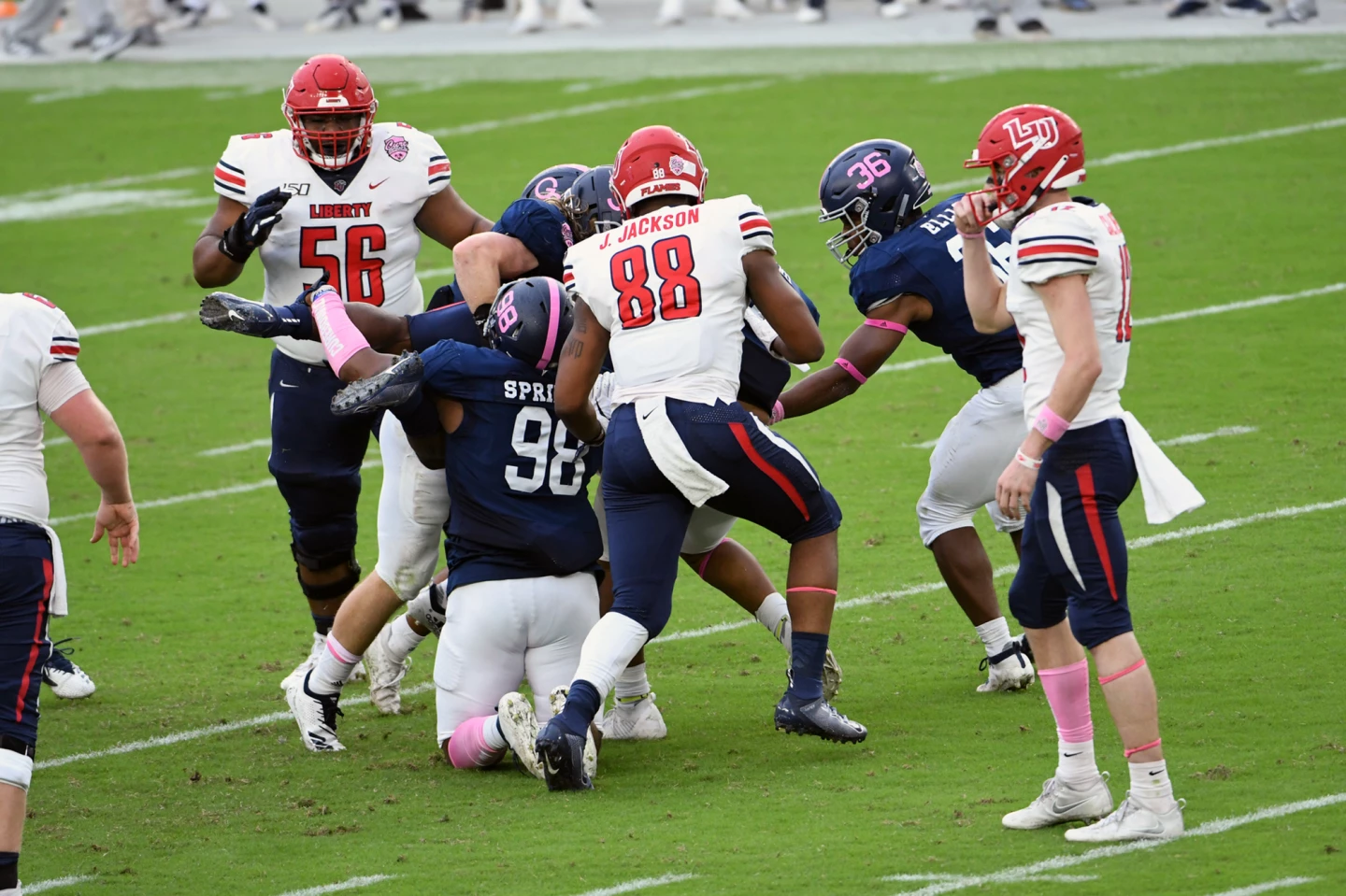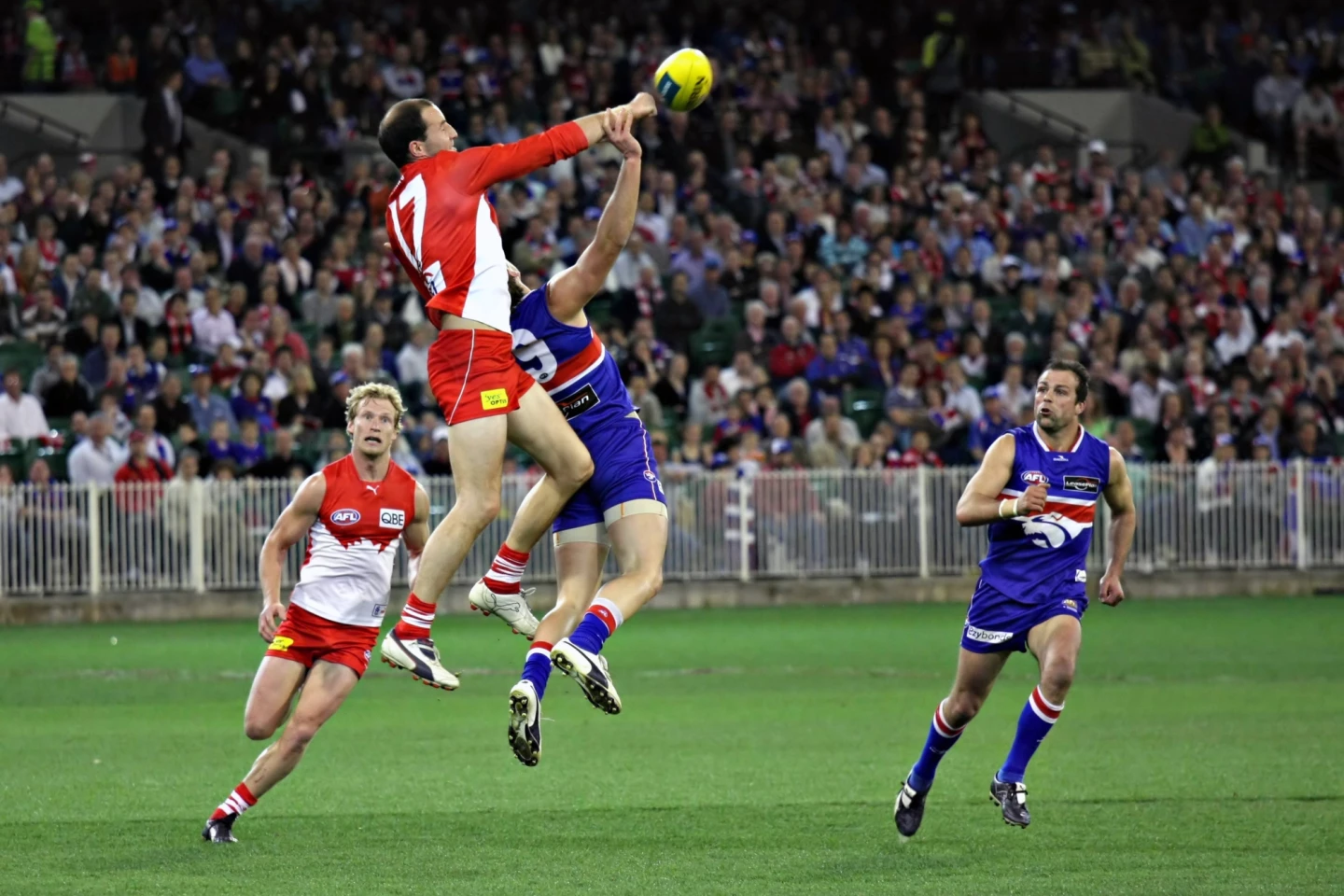New research has found that even a years-old mild concussion can have long-lasting effects on brain function and behavior in otherwise healthy people. The study adds to a growing understanding of traumatic brain injury and is relevant to the evolving legal landscape around brain injuries in sports.
A concussion is a mild form of traumatic brain injury (TBI) resulting from events like falls, car crashes, contact sports, or assaults. The resulting disruption to brain function is often thought to be temporary. However, evidence is mounting that TBI is a risk factor for dementia, prompting research led by the University of Cambridge in the UK to investigate how the brain fares in the long term following a TBI, even a mild one.
They recruited 617 healthy middle-aged UK adults aged 40 to 59 as part of the Prevent Dementia study. Participants underwent MRI scans and neuropsychological testing to assess brain structure and function and their TBI history was assessed using the Brain Injury Screening Questionnaire (BISQ). TBI was defined as having experienced at least one blow to the head resulting in a loss of consciousness. Mild TBI was defined as a loss of consciousness of less than 30 minutes. The risk of cardiovascular disease was also assessed.

Of the 617 participants, 36.1% reported at least one TBI with a loss of consciousness. Of those, 56.1% reported a single TBI event, 27.4% reported two TBI events, and 16.6% reported more than two. Of the 223 participants with a history of TBI, injury severity was determined for 76.2%, of which 94.1% reported a mild TBI and 5.9% reported moderate-severe incidents that included a loss of consciousness of 30 minutes or longer.
Cerebral microbleeds – small, chronic brain hemorrhages – were detected in about one in six participants (17.7%). Compared to those without a TBI, the number of microbleeds was greater in participants with prior TBI, including those with mild TBI. Greater numbers of TBI events were associated with poorer sleep, gait disturbances, greater depression symptoms, and memory deficits but not deficits in attention. The mild TBI group had poorer sleep, depression, and gait but no cognitive effects.
The researchers examined the relative contribution of TBI and cardiovascular risk factors (for example, high blood pressure, diabetes) to these clinical deficits and found that TBI was the most important factor contributing to depression and sleep (but not cognition or gait), outweighing the contribution of cardiovascular risk factors. While TBI dominated cardiovascular risk factors in contributing towards memory deficits, the main dominating factors were sex and age.
“These data demonstrate that in otherwise healthy middle-aged adults, remote TBI history was associated with detectable changes in vascular brain imaging and clinical features,” said the researchers. “Overall, our findings have important implications for future research directions, as well as informing clinical practices and policymaking at the community level.”

In terms of informing clinical practices, the researchers say that undertaking TBI assessments in circumstances where someone is known to have had a brain injury could help ascertain which patients are at higher risk and enable treatment of their symptoms earlier.
The issue of TBI in sports has become a major concern in recent years, as more and more evidence has emerged about the short-, medium-, and long-term consequences of damage caused by such injuries. Most examples come from contact sports like boxing and martial arts, soccer, hockey, and football and, as a result, the legal landscape around this issue has changed.
Brain injury lawsuits in sports have become increasingly common, with athletes holding organizations and individuals accountable for the injuries they sustain while playing. In 2015 in the US, the NFL, without admitting any wrongdoing, reached a class action settlement, promising to pay compensation to former players who’d been diagnosed with dementia or other brain diseases associated with concussions. According to The Washington Post, since the NFL Concussion Settlement was finalized, it’s paid out almost US$1.2 billion to more than 1,600 former players and their families, which is far more than experts predicted during settlement negotiations. As of the 19th of August, there were 20,572 registered settlement class members.
In the UK, a class action is currently underway in the various rugby codes, targeting three of the sport’s governing bodies. In the lawsuit, 295 ex-players – amateur and professional men and women ranging in age from 22 to 80 – are alleging that World Rugby, England’s Rugby Football Union and the Welsh Rugby Union failed to put in place reasonable measures to protect the health and safety of players.

The issue is a hot topic in Australia, too. In April this year, Australian Football League (AFL) player Nathan Murphy announced his retirement from the sport – at age 24. Murphy retired on the advice of a medical panel that he consulted after suffering the tenth concussion of his sporting career. However, Murphy’s not the first, nor the youngest, player to retire early from the AFL because of head trauma. In 2016, then-22-year-old Justin Clarke left the game after a concussion resulted in weeks of memory loss. Two class action suits were filed in the Victorian Supreme Court in 2023 against the AFL, alleging concussions suffered during training and/or matches.
Then there is the controversial issue of chronic traumatic encephalopathy (CTE), a progressive neurodegenerative disease associated with repetitive head trauma. It’s controversial because a definitive causal link between CTE and contact sports hasn’t been established, although studies strongly suggest one. One such study on former NFL players with mood, behavioral, or cognitive symptoms found that 99% showed signs of CTE. A problem is that the condition can only be diagnosed at autopsy.
These often complex and emotive legal cases have ushered in a new era of safety in contact sports. But the common question that arises from all of them is this: Will sporting bodies adapt their safety rules or amend concussion protocols to better manage risk and avoid future lawsuits?
A cultural change is also required. While receiving submissions for its recently-published report, Concussions and repeated head trauma in contact sports, the Australian Parliament’s Senate Standing Committee on Community Affairs heard evidence of concussion under-reporting from sportspeople who feared that they’d be told not to play or would let their team down. Athletes’ prioritization of a ‘win at all costs’ attitude over long-term well-being needs to change, too.
The University of Cambridge-led study was published in the journal JAMA Network Open.








